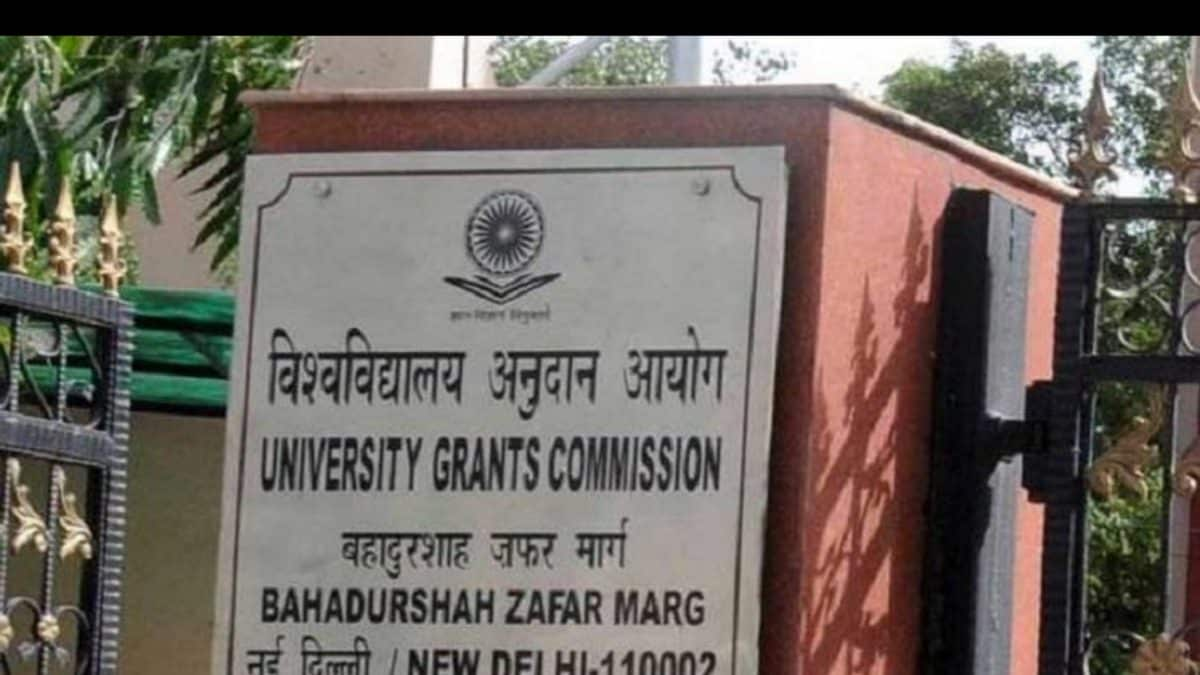New Regulations for ‘Deemed to Be Universities’ Out, Discard ’20 Years Existing’ Clause

The new regulations for ‘deemed to be universities’ in the country do away with the prerequisite for an institution to have existed for not less than 20 years, thus simplifying the procedure for being granted the status. The revised set of guidelines were released by union education minister Dharmendra Pradhan on Friday afternoon, calling the rules “light, but tight”.
The rules titled University Grants Commission (Institutions Deemed to be Universities) Regulations, 2023, have replaced the ones in place since 2019. The new regulations have been formulated in line with the National Education Policy (NEP) 2020.
“The regulations will facilitate creation of many more quality-focused deemed to be universities in an objective and transparent manner. The new simplified guidelines will encourage universities to focus on quality and excellence, strengthen the research ecosystem and have a long-term impact in transforming our higher education landscape,” said Pradhan while releasing the guidelines.
The first-ever ‘deemed to be’ regulations were notified in the year 2010, and were revised in 2016 and 2019. With the announcement of the NEP 2020, the UGC constituted an expert committee to review and revise the existing regulations.
Under the new rules, the eligibility criteria to apply for deemed-to-be-university status is National Accreditation and Assessment Council (NAAC) ‘A’ grade with at least a 3.01 CGPA for three consecutive cycles, or National Board of Accreditation (NBA) authorisation for two-thirds of eligible programmes for three consecutive cycles, or in the top 50 of any specific category of National Institutional Ranking Framework (NIRF) for the last three years continuously, or in top 100 of overall NIRF Ranking for the last three years continuously.
It also allows a cluster of institutions managed by more than one sponsoring body to apply for ‘deemed to be university’ status.
At present, there are 126 such universities across the country.
UGC chairperson Prof M Jagadesh Kumar said that the regulations are quality-focused. “We hope these regulations will encourage many more high-quality higher education institutions to be established in the country in emerging areas to meet the aspirations of our students,” said Kumar.
He added that since the ‘deemed to be universities’ phrase is part of the UGC Act, 1956, it is not possible to remove this term at this time. “However, it will be removed once the Higher Education Commission of India (HECI) is established through an act of Parliament,” he said.
Both students and universities have time and again raised their reservations on the term ‘deemed to be’ used for the institutions being granted the status. The HECI bill is yet to be tabled in Parliament. The bill seeks to bring all the regulatory bodies in the education sector under one common body.
According to the regulations, the objectives of the ‘deemed to be universities’, among other things, include providing higher education leading to excellence in different branches of knowledge, primarily at undergraduate, post-graduate, and research degree levels, fully conforming to the concept of a university, to strengthen the research ecosystem and to contribute for social transformation through socially responsive teaching, learning, research, and fieldwork.
Sponsoring bodies seeking deemed-to-be-university status for their institutions may apply online. The expert committee assesses the facilities, interacts with stakeholders, and verifies the documents, all in virtual mode, the regulations stated.
The institution being granted the status may provide fee concession or scholarships or may allocate seats to meritorious students belonging to socially and economically deprived groups of the society, it further said.
Also, such institutions, like other universities and colleges, will have to mandatorily create Academic Bank of Credits (ABC) identities of their students and upload their credit scores in digital lockers and ensure that the credit scores are reflected in the ABC portal and adopt the Samarth eGov suite.

Atul Tiwari is a seasoned journalist at Mumbai Times, specializing in city news, culture, and human-interest stories. With a knack for uncovering compelling narratives, Atul brings Mumbai’s vibrant spirit to life through his writing.





